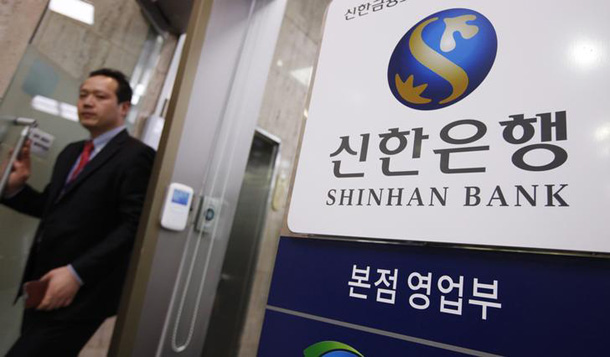RANGOON — After a delegation from the well-known South Korean Daewoo Group of Companies met with Burma’s outgoing president on Tuesday, there is speculation that the country plans to increase investment in Burma.
During the meeting between Thein Sein and Daewoo CEO Young-Sang Kim, the topics of discussion included investment in Burma’s hotels, energy, mining and steel sectors, as well as efforts to build modern rice mills. Ministers Wunna Maung Lwin, Soe Thane and Zeyar Aung also were present, according to the state media outlet Myanmar News Agency.
The Korean delegation also met with Minister of Industry Maung Myint regarding further investment opportunities in Burma. Following the meetings, some industry observers have suggested a link between South Korea’s intensified interest in Burma and the increase in Japanese and Chinese economic presence in the country.
Since Thein Sein’s quasi-civilian government took office in 2011, Asian countries in particular have begun investing in Burma, which has been described as a “frontier market.”
Dr. Maung Maung Lay, vice chairman of the Union of Myanmar Federation of Chambers of Commerce and Industry told The Irrawaddy that Korean businesses are eyeing automobile, oil and gas sectors, as well as other smaller industries.
“Korean culture has already been exported to this country, so their brands do not need to be promoted as much,” he said, adding that investors are interested in entering the beauty industry and developing Burma’s cosmetic surgery market.
Korean garment factories are already operating in the country, so continued engagement with the manufacturing sector will be priority, Dr. Maung Maung Lay said.
The Central Bank of Myanmar approved a license for Korea’s Shinhan Bank in the second round of foreign banks licenses issues this week, paving the way for more Korean businesses to establish a presence in Burma.
Since the first round of licensing in 2014, commercial banks from foreign investors’ respective countries are now following them to Burma, including those from China, Singapore, Thailand, Malaysia, Japan, India, and Australia.
Dr. Soe Tun, chairman of the Automobile Dealers Association, said that it seems Japanese and South Korean businesses are now competing in Burma’s markets.
“Many Japanese business are coming here now, so Korean businesses will follow, no doubt,” he said. “We welcome more FDI [Foreign Direct Investment].”
According to the figures of the Directorate of Investment and Companies Administration, Korean investment in Burma reached US$300 million during the 2014-2015 fiscal year, ranking it the country’s fifth highest investor after China, Singapore, Hong Kong and the UK respectively.
Burma expects about US$6 billion in foreign investment for the current fiscal year ending on March 31 and has received more than US$5 billion to date.

















